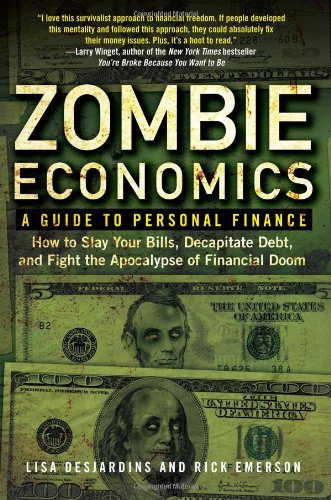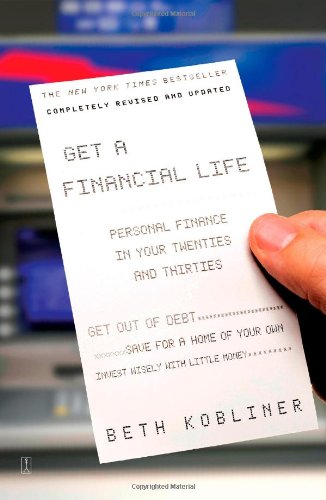The Complete Guide to Managing Your Parents' Finances When They Cannot: A Step-by-Step Plan to Protect Their Assets, Limit Taxes, and Ensure Their Wishes Are Fulfilled Review

Every year, millions of Americans transfer their finances to their children or other family members because they reach a point at which they can no longer manage them alone. More than million in 2006 alone was lost due to confusion in transferring these finances and the elderly are the ones who end up suffering. For those who are about to start managing the finances of their parents, it is important to know exactly how to protect their assets, manage their taxes, and live up to their wishes. This book has been written to do just that, providing a comprehensive walkthrough of what you can expect and how to successfully handle your parents finances. To start, you must learn the basics of managing money that is not your own. You will be provided with a step-by-step chapter on how to keep track of funds, maintain the same accounting methods your parents have used for decades, and keep everything organized and separate from your own. You will learn how to evaluate sources of income including how to receive and manage Social Security, 401(k), and other retirement plans as payments are made. Additionally, you will learn how to balance their expenses, including a budgeting sheet to help you maintain the same level of expense they expect. You will learn how to budget accordingly, depending on where your parents are living and what their medical expenses might be. A chapter on insurance and medical coverage is included to help you understand how much money you can expect to set aside for these expenses and how much should be covered by programs such as Medicaid. Learn how to maintain housing for your parents as well, whether they are in assisted living or staying with you. A guide on how to talk to your parents about fraud and keep them away from potentially dangerous opportunities will make it easier for you to keep a handle on their finances without taking away their freedom. Dozens of men and women who have gone through this same situation, and also professional finance managers, have added their expertise to this book, providing firsthand accounts of how they were able to manage their own parents accounts and what you can expect. You will learn the difference in tax laws for the retired and what you will be required and not required to pay as a result of their age. It can be daunting when you first take control of your parents finances, but with this book in your hands, you should be able to quickly and efficiently take the reins and maintain the quality of life they have grown accustomed to.



















